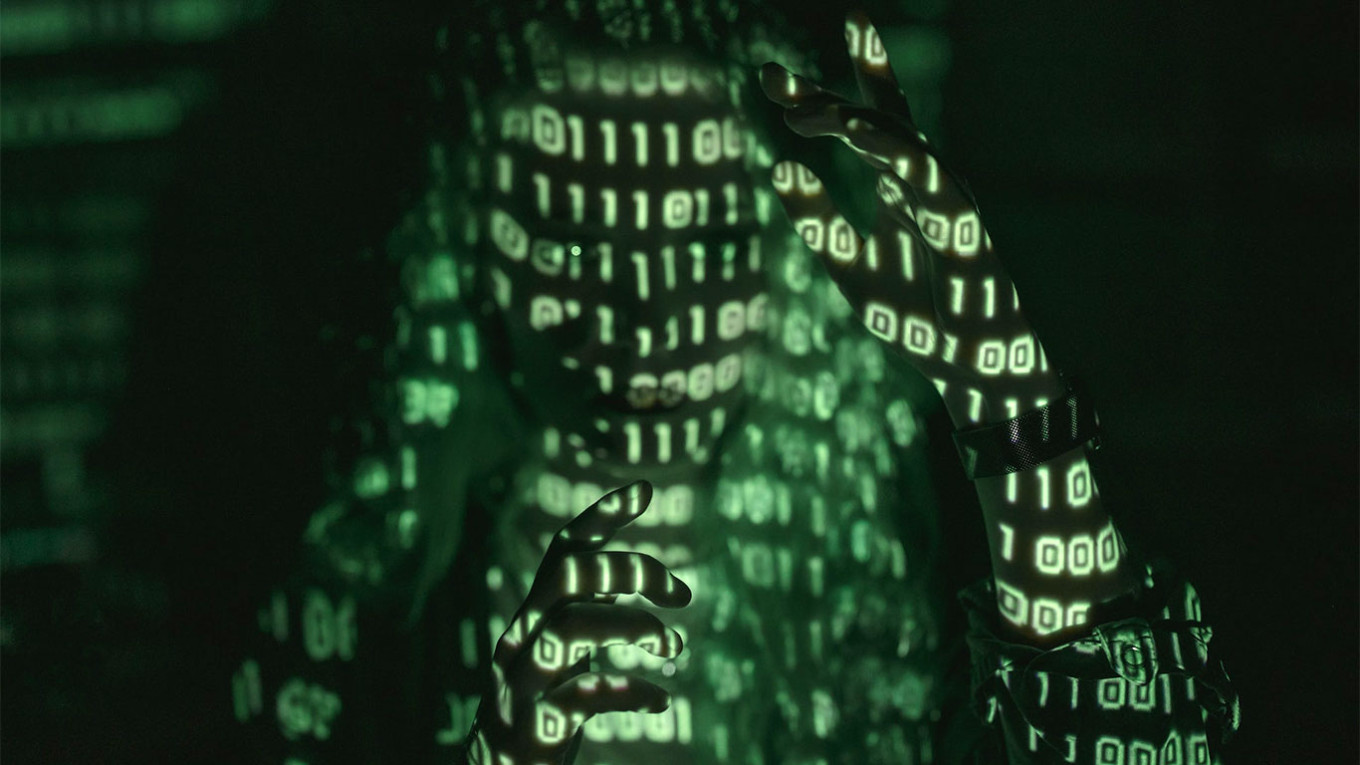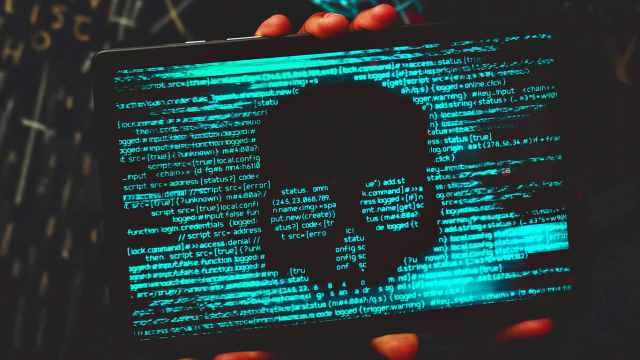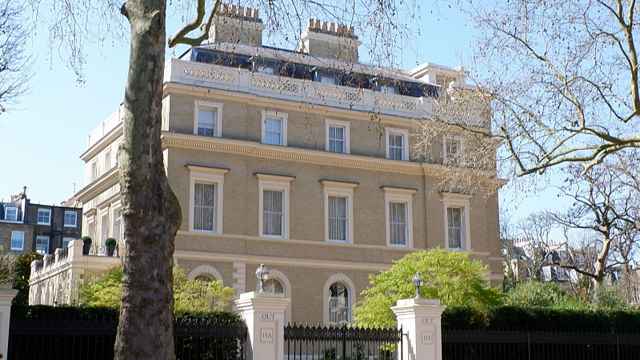The United States and Britain have sanctioned seven Russian citizens over their alleged membership in the notorious cybercrime gang Trickbot, the U.S. Treasury Department announced Thursday.
The seven individuals, who the Treasury Department said were known to have close links to Russia's intelligence services, have had their assets frozen and have been issued with a travel ban by both countries.
Trickbot, which first became known to security experts in 2016, originated as a trojan virus aimed at non-Russian businesses that stole financial data and infected millions of computers worldwide.
The virus was subsequently developed as a highly adaptable malware that was used to target U.S. healthcare providers during the height of the Covid-19 pandemic.
Once computer systems were infected, the gang would demand the payment of a ransom to remove the virus, even bragging about the speed with which most U.S. medical facilities paid up.
The joint sanctions levied by Washington and London are the first of their kind, the Treasury Department said.
"The United States and the U.K. are leaders in the global fight against cybercrime and are committed to using all available tools to defend against cyber threats," U.S. Secretary of State Antony Blinken tweeted on Thursday, adding that the sanctions had been "intended to combat Russian cybercrime."
The U.S. Treasury statement noted that since 2020 Trickbot had been aligned "to Russian state objectives" which included "targeting the U.S. government and U.S. companies."
British Foreign Secretary James Cleverly said that "cynical cyberattacks cause real damage to people’s lives and livelihoods. We will always put our national security first by protecting the U.K. and our allies from serious organized crime."
A Message from The Moscow Times:
Dear readers,
We are facing unprecedented challenges. Russia's Prosecutor General's Office has designated The Moscow Times as an "undesirable" organization, criminalizing our work and putting our staff at risk of prosecution. This follows our earlier unjust labeling as a "foreign agent."
These actions are direct attempts to silence independent journalism in Russia. The authorities claim our work "discredits the decisions of the Russian leadership." We see things differently: we strive to provide accurate, unbiased reporting on Russia.
We, the journalists of The Moscow Times, refuse to be silenced. But to continue our work, we need your help.
Your support, no matter how small, makes a world of difference. If you can, please support us monthly starting from just $2. It's quick to set up, and every contribution makes a significant impact.
By supporting The Moscow Times, you're defending open, independent journalism in the face of repression. Thank you for standing with us.
Remind me later.






